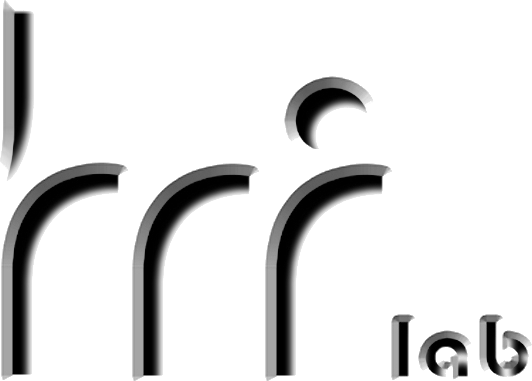Effective human-robot interaction (HRI) is a critical requirement for current and future space operations. However, given the limitations of autonomous technologies, robots are not yet capable of coordinating with human crew as peers under real-world mission constraints. Due to the complexity inherent in space robotics operations, it is crucial that robots are able to coordinate the various aspects of human-robot teaming and the task at hand. In this paper, we extend our Shared Mental Model (SMM) interaction framework to show how it can be used to overcome some of the challenges inherent in distributed HRI and facilitate coordination in space robotics teams. Since this framework has not yet been implemented in real systems, we conducted an exploratory study to identify potential benefits that the SMM mechanisms can afford in a task domain involving simulated free-flying robot assistants on a spacecraft. We found that the SMM framework offers advantages to task performance and team efficiency due to its support of shared knowledge representations, however these benefits do not seem to reduce workload or improve other subjective measures. The significance of these findings for future space operations is discussed, as are directions for future research.
@inproceedings{threlkeld2019mergingrepresentation,
title={Merging Representation and Management of Physical and Spoken Action},
author={Charles Threlkeld and Matthias Scheutz},
year={2019},
booktitle={Workshop on Cognitive Architectures for Human-Robot Interaction at the International Conference on Autonomous Agents and Multiagent Systems 2019},
url={https://hrilab.tufts.edu/publications/threlkeld2019mergingrepresentation.pdf}
}
